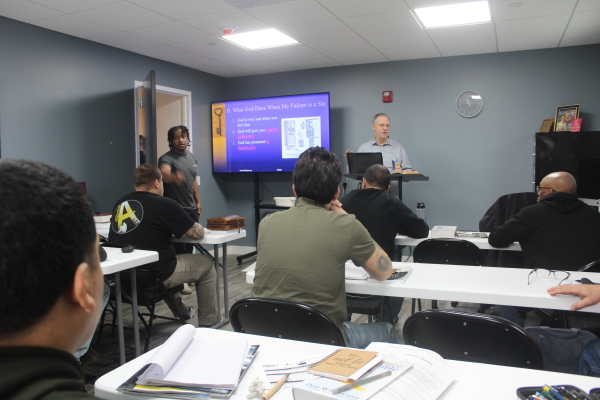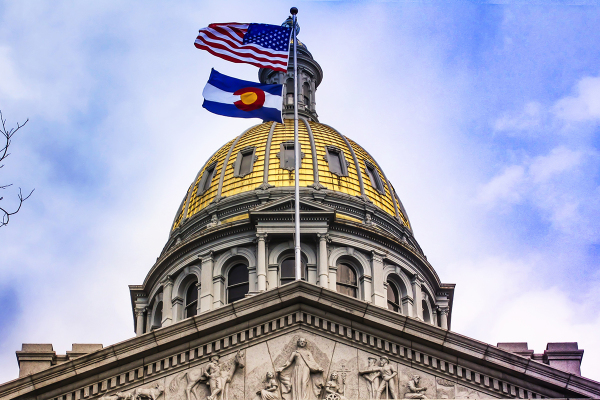New Wording in 'Don't Say Gay' Bill Elicits Approval by Senate
One state representative is doing all that he can to curb the talk on gays and lesbians in public schools.
Labeled as the “don’t say gay” bill by opponents, Senate Bill 49 – which prohibits the teaching of homosexuality to elementary and middle school students – passed 19-11 in the Senate on Friday, after the main sponsor added an amendment limiting its range.
The original bill, backed by Republican Stacey Campfield (R-Knoxville), prohibited the teaching of or furnishing of materials on human sexuality other than heterosexuality in public school grades K-8.
But because some of Campfield’s colleagues were uncomfortable with the language used in the proposed legislation, an amendment was written, limiting any instruction or material made available or provided to a public elementary or middle school exclusively to “age-appropriate natural human reproduction science,” according to The Associated Press.
Explaining that the language was fitting because “homosexuals don’t naturally reproduce,” Campfield said that the new wording was necessary because the state’s curriculum was unclear on what could be taught.
The bill’s impact would be limited to prepared lesson plans and materials, where teachers would not be allowed to say, “Today, we’re going to teach about homosexuality, lesbianism,” explained the Tennessean, though they could respond to questions on gay issues.
Stephen Smith, assistant commissioner of the Tennessee Department of Education, shared, however, that there was nothing in the state’s current curriculum standards that allowed students to be taught about homosexuality, AP reported.
Sen. Roy Herron (D-Dresden) also criticized the measure, saying that new problems could arise by the proposed bill, possibly “inadvertently prevent[ing] the teaching of ethics, morality and abstinence.”
Other opponents said it would be unfair to students who have same-sex parents, leading perhaps to more bullying and anti-gay slurs.
It “limits what teachers and students are able to discuss in the classroom,” Ben Byers of the Tennessee Equality Project told LBGTQ Nation. “It means they can’t talk about gay issues or sexuality even with students who may be gay or have [a] gay family.”
Campfield argued still that the measure would give teachers clear guidance on the topic, which he believed, should not be addressed until high school, or instead be reserved for discussion within the family. The family should decide when it is appropriate to talk with their children about it.
The congressman has touted the bill as neutral and not discriminatory. It prevents talks for or against the issue, he said.
"There's some people who say we should be preaching against it, saying it's evil, dirty and wrong and there's some people who say, it's a great thing," Campfield told CNN earlier. "I don't think that’s appropriate. I think we need to let the families decide that, especially in the very, very young children."
Despite the passage in the Senate, the companion bill in the state House of Representatives has not advanced out of the committee, and supporters of the bill intend not to bring it up again until 2012.
Regardless, Sen. Campfield stated that he would continue to push the bill forward in 2012 when the General Assembly returned for session, hopeful that the House would take it up in January.
AP noted that the passage of the bill would make Tennessee the first state to enact such legislation, with California and Washington previously failing to pass similar legislation.






















